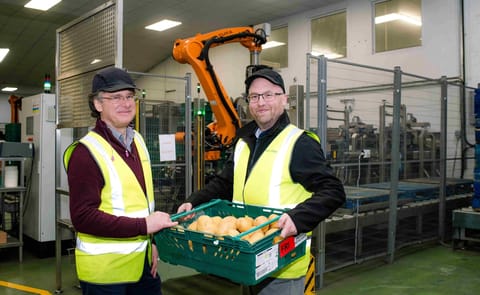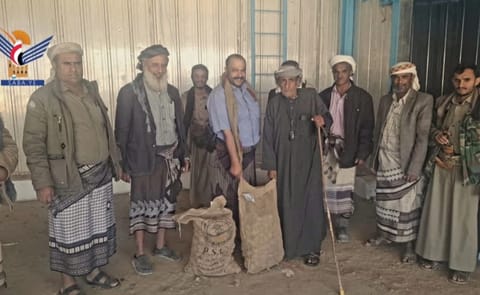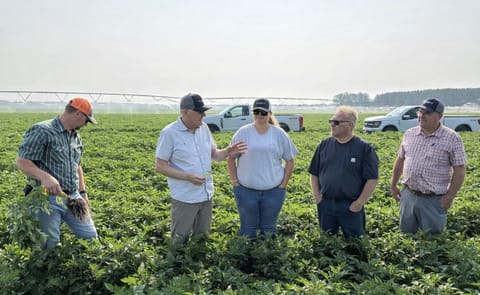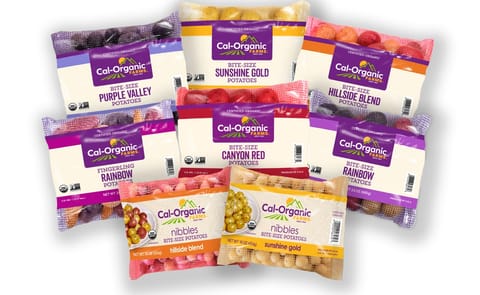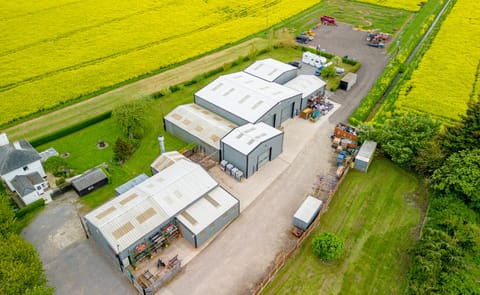Benjamin 'Benjy' Firester, 18, of New York City, won the top award in the Regeneron Science Talent Search 2018 with a mathematical model that uses disease data to predict how weather patterns could spread late blight spores. (Courtesy: Society for Science & the Public / Chris Ayers)
Primaire tabs
Teen scientist wins USD 250,000 with late blight prediction model

Benjamin 'Benjy' Firester, 18, of New York City, won the top award in the Regeneron Science Talent Search 2018, the oldest and most prestigious science and math competition for high school seniors in the United States.
Forty finalists, including Benjy, were honored tonight at the annual Regeneron Science Talent Search awards gala, which was keynoted by renowned author Malcolm Gladwell.
Regeneron provided awards of more than $1.8 million for the finalists, who were evaluated for their research projects, as well as their exceptional scientific and mathematical knowledge and abilities.
Benjy won first place and $250,000 for his development of a mathematical model that uses disease data to predict how weather patterns could spread spores of the late blight fungus, which caused the Irish Potato Famine and still causes billions of dollars in crop damages annually.
Benjy’s program uses existing blight locations, date, time and detailed local weather data to model the likely routes by which late blight will spread and predict likely future infection sites.
Farmers might someday use shared data to assess blight risk and reduce the preemptive use of fungicide.

First-place winner Benjamin Firester (center), 18, took home a $250,000 prize. Natalia Orlovsky (right), 18, picked up $175,000 for second place, and Isani Singh (left), 18, received the third-place prize of $150,000 (-->Top ten winners)
(Courtesy: Society for Science & the Public / Chris Ayers)
Benjamin Firester:
“I wanted to do a project where I could apply math … in a way that would directly have an effect on people.”Benjamin focused on potato blight.
This fungus-like organism, Phytophthora infestans, infects potatoes and tomatoes. It is most famous for causing the Irish Potato Famine. The loss of potato crops in the 1840's caused a million people in Ireland to starve to death. Today, late blight still causes plenty of misery.
Benjamin used his math skills to create a computer model of where spores of this fungus might spread. Based on winds and the current location of the fungus, Benjamin was able to predict which nearby farms were at risk. Benjamin Firester:
“With early warning, you can snuff out the disease and prevent it from spreading.”He hopes such data will also help farmers know where to use chemicals that kill the fungus so will need to apply less of these harmful chemicals.
Many Regeneron STS finalists have scientists in their families and support from science teachers who have helped students through the application process before.
In Benjamin’s case, it was his sister. Kalia Firester was a 2015 STS finalist.
Benjamin Firester:
“She’s my biggest role model and biggest supporter. Without her, I couldn’t have done it.”

